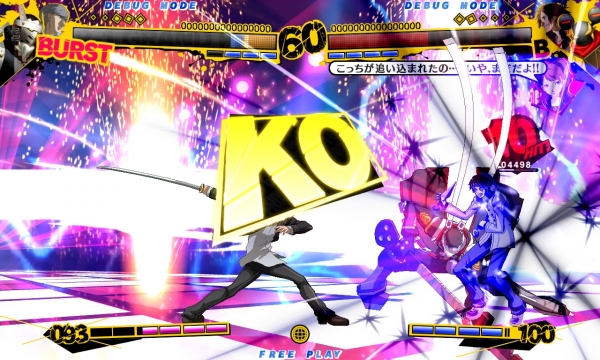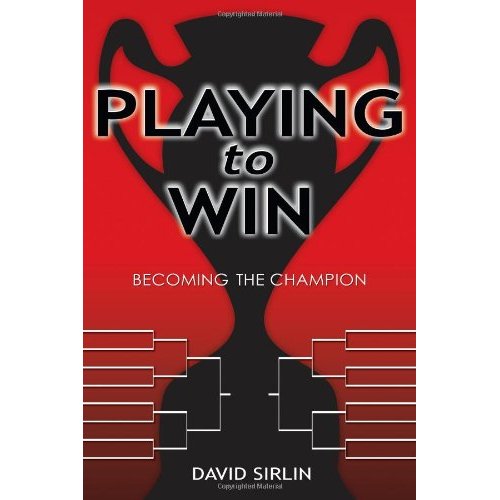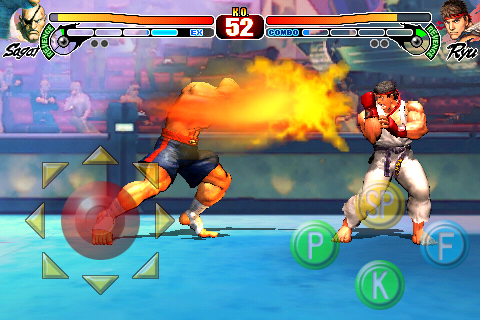My current predilection towards fighting games makes these essays about competition and competitive gaming inevitable. Since I am still playing King of Fighters XIII, also being rather miserable at it, I figure I can give a few tips to those aspiring to basic competency. Or, at least, display the accumulated wealth of information that I can convey. To employ one of the most over-used Scripture verses…well, ever:
All Scripture is inspired by God and profitable for teaching, for reproof, for correction, for training in righteousness; so that the man of God may be adequate, equipped for every good work.
My words obviously don’t carry the same weight, but I would hope the influence of Scripture comes through whatever I write. Even about fighting games. I think I can get a pass for using 2 Timothy 3:16-17 in that context.
ALSO PEOPLE LOVE LISTS SO HERE WE GO
1. You, and everyone else, started off incredibly bad. I.e., you will start as a terrible player, and there’s no way around it. Let’s be honest here: most fighting games don’t bother to teach you the necessary skills to succeed. Most were born in arcades, designed primarily to take your money. Learning how the game systems worked comes with great financial investment on your parts, whether to just play the computer (who usually cheats) or someone else (who will wipe the floor with your sorry self). Those aren’t exactly the right conditions to learn something unless you persevere through losing and learning, or you obtained a vast supply of quarters. The monetary investment, in a word, forced people to learn or die. That stark reality fueled some to victory, and other to “playing for fun” or just watching from afar. Fighting games were, for lack of a better term, “elitist”. And people liked it that way!
The advent of consoles changed this reality. You only need buy a copy of the game to play it as much as you want. This didn’t bode well for the arcades, of course, who continue on a downward spiral of death. Without that incentive to play well, you could play how you wanted – not as the designers intended. Thus, when arcade developers release home ports, it still maintains that arcade mentality. The only game in this genre with a rigorous tutorial is Skullgirls; for other games, you need outside resources to learn what the basics do.

A design flaw? Well, maybe. But the point of this information withholding means you play more to learn more. The arcade mentality still exists; you just need to wrap your mind around playing to learn. You must maintain far more dedication to the task than most games. If you like learning about an endless bounty of tiny mechanical details, please keep going!
Although I should note that time does not equal skill. Smart time spent does, though, hence point 2…
2. Watch, read, and learn. To become any good, you need to know how the scene develops. Youtube allows you to watch high level play from tournaments in just about every game currently in the tournament scene. See the conventions at work. The most relevant one in Street Fighter, for example, is “don’t jump”. Jumping’s one of the most dangerous things you can do in SFIV, and you can see why just by watching match videos.
Furthermore, read guides and news. Sites like Shoyruken, IPlayWinner, and others exist for your benefit. The fighting game community gathers all sorts of information, from strategies to combos to frame data to video tutorials. Use them, learn from them, and continue to learn as you go. You’re not studying for a test, but all of this information swimming in your brain will come out somehow. Learn and benefit; it’s there for a reason.

3. Train. Use training mode to learn your characters of choice. Don’t be too worried about optimization, combos, and other technical things you don’t understand. The point is to get a feel for the pace of the game, your movement options, and the system options which the game provides to you. Execution training will only help you in the long run. If you’re transitioning from controller to joystick, then the most basic moves will seem impossible, so train yourself for a long while before you bother with anything difficult.
I almost want to recommend Arcade Mode and playing against the AI, but that often creates bad habits. They do not play like human beings, and training on them will make you substantially worse. Learn your character and play with someone else, online or off. You will learn much more about the game, how to react, how to confirm your hits into combos, and how to read your opponent in the midst of split-second decisions.
4. No knowledge or accumulated skills will ever eclipse actual match experience. I should know. All the training mode experience, combo training, and whatever else just won’t work in a real match scenario. You need fundamentals of fighting games first, and that’s truly the hard part.
To refer to myself: I am not often used to playing offensive games, and this turns into a constant problem for me. I can defend well, but going on offense isn’t my strong suit. Fighting games reward a smart offense AND defense, knowing what moves you’re doing, and setting traps for your opponent effectively. It does not reward “playing by feel”, unlike many games, and it will take a long while before you understand what’s good and what’s bad consciously. If you cannot point out your mistake when you lose, then you are playing wrong. If you don’t learn from that mistake, you are also playing wrong.
Playing and learning is harder than it sounds, of course, but you must do that to succeed. Eventually, all the options will make sense once the game beats them into your brain, and then you will see the patterns. Until then, though, you gotta stick with it, think about what you’re doing, and then use that knowledge effectively.

5. So find people with a similar skill level and get to playing. Competitive games will reveal your level just from the divide between novice and expert. Trust me, getting crushed and disheartened will happen regardless of whether you want it to happen. Still, you can find people who are just as bad as you. Level up together, play lots of games, and discover the nuances. Bonus points if someone, or a community of someones, lives near you. Make friends!
